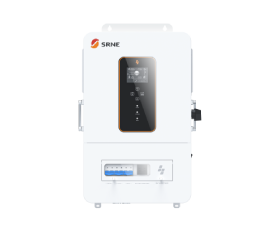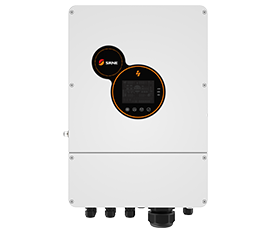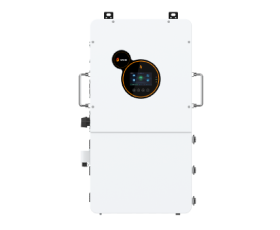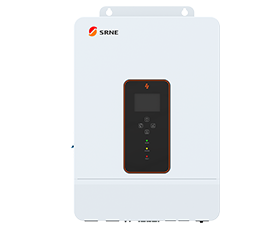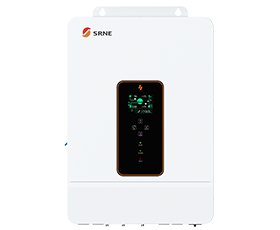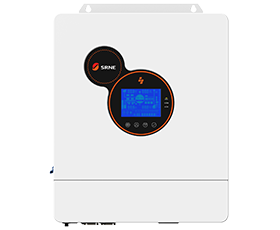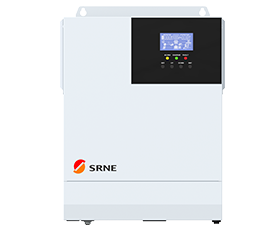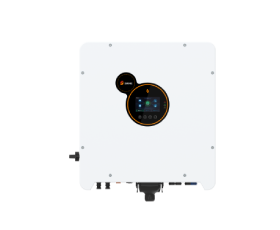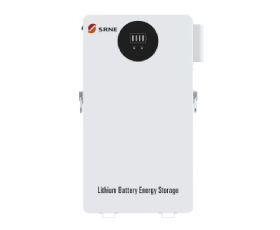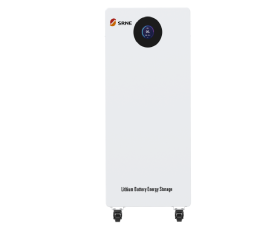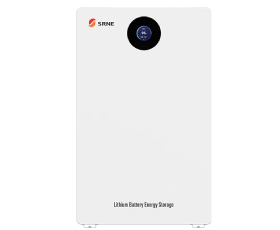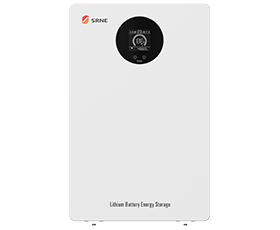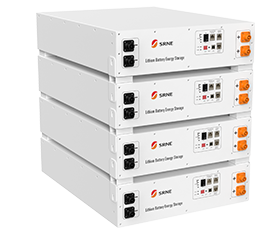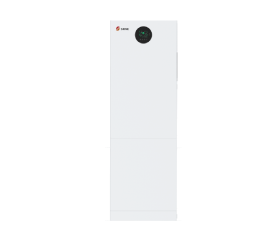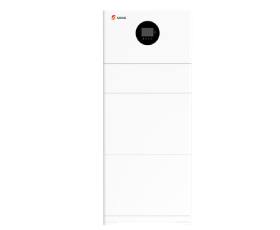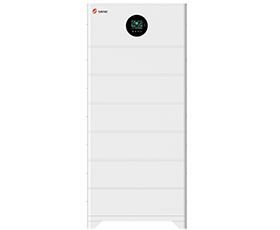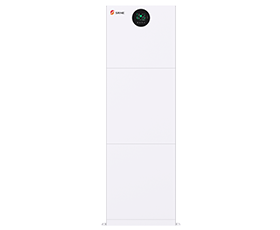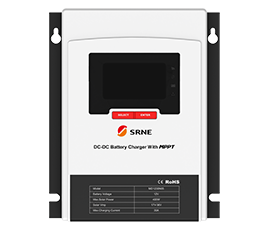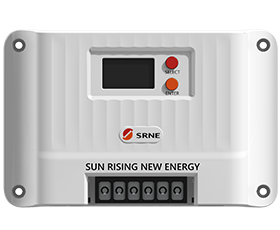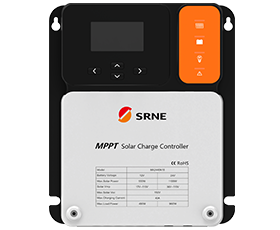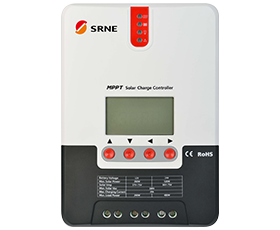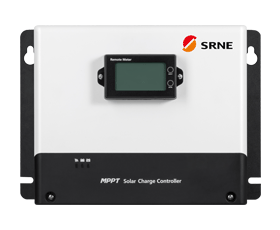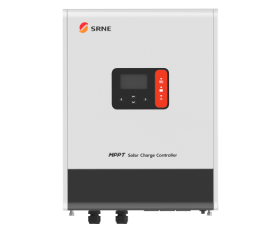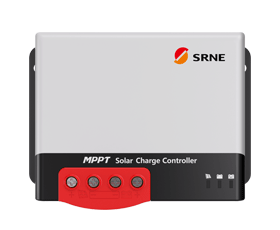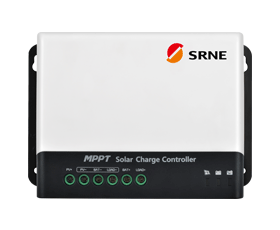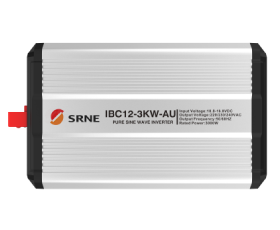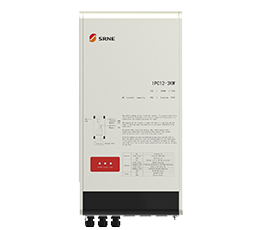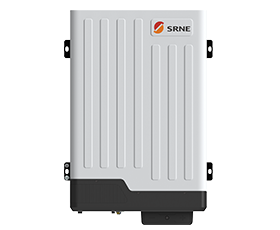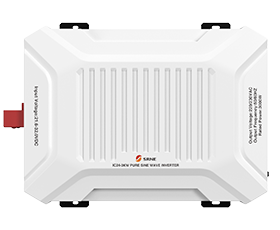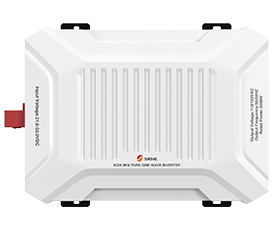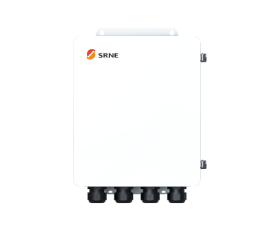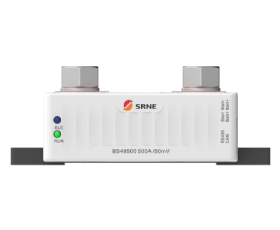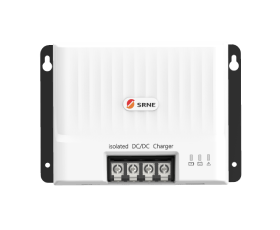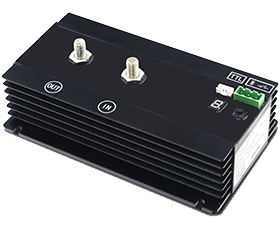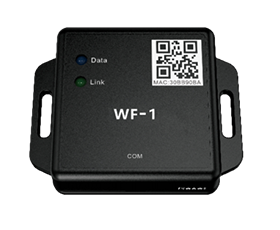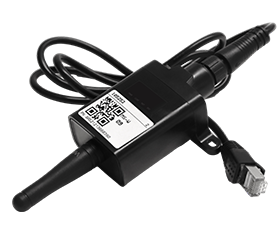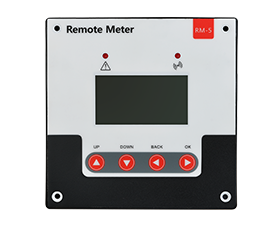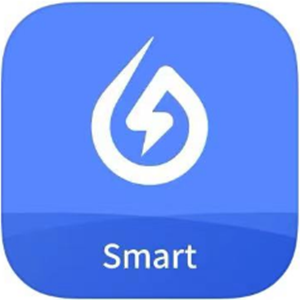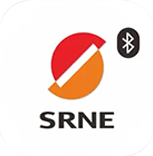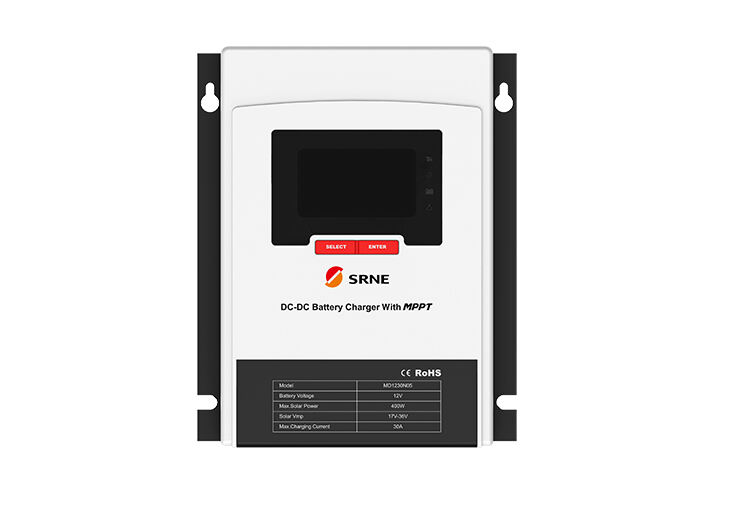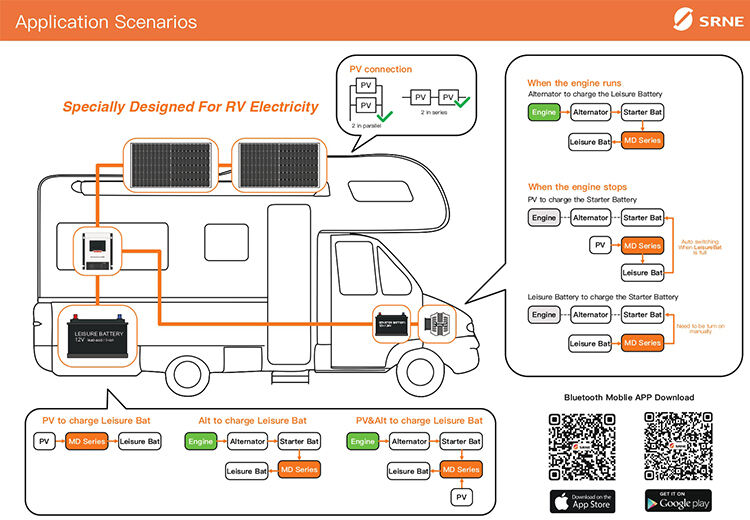DC-DC Battery Charger: All You Need to Know
What is a DC-DC Battery Charger?
A DC-DC battery charger is a device or circuit that is designed to charge a battery using a direct current (DC) power source. It takes a DC input voltage and converts it to the appropriate voltage and current levels required to charge a specific type of battery. DC-DC battery chargers are commonly used in various applications, including mobile devices, renewable energy systems, electric vehicles, and more.
Why do You Need a DC-DC Charger?
A DC-DC charger, or more accurately, a DC-DC converter with charging capabilities, is used in various applications where there is a need to charge a battery or power an electronic device from a DC power source. Here are some reasons why you might need a DC-DC charger:
1. Voltage Matching:
In many cases, the voltage output from a DC power source may not be compatible with the voltage required to charge a specific battery or power an electronic device. A DC-DC charger can step up (boost) or step down (buck) the voltage to match the requirements of the battery or device.
2. Battery Charging:
DC-DC chargers are commonly used to charge batteries in applications such as:
- Electric Vehicles (EVs): DC-DC chargers in EVs step down the high-voltage battery's power to charge the 12-volt battery that powers auxiliary systems like lights and electronics.
- Solar Power Systems: In off-grid solar systems, DC-DC chargers may be used to charge lead-acid or lithium-ion batteries from solar panels, converting the panel's variable DC output to the appropriate charging voltage and current for the battery.
3. Efficiency Optimization:
DC-DC chargers can improve the efficiency of power transfer between the power source and the battery or device. They help reduce energy losses that might occur due to voltage mismatch.
4. Voltage Regulation:
In some cases, it's crucial to maintain a stable voltage level to ensure proper device operation or battery charging. DC-DC chargers can provide voltage regulation, preventing voltage fluctuations that could damage sensitive electronics.
5. Isolation:
DC-DC converters can provide galvanic isolation between the input and output, which can be important in applications where electrical isolation is required for safety or to prevent noise and interference.
6. Wide Input Voltage Range:
Some DC-DC chargers are designed to work with a wide range of input voltages. This versatility makes them suitable for use with various power sources, such as vehicle batteries, solar panels, or different DC power supplies.
7. Customized Charging Algorithms:
In certain applications, especially those involving lithium-ion batteries, DC-DC chargers can incorporate customized charging algorithms to ensure safe and efficient battery charging while monitoring factors like temperature and state of charge.
8. Portable Electronics:
In portable electronic devices like smartphones, tablets, and laptops, DC-DC chargers are used to step down the voltage from the device's battery to provide the various voltage levels required by the device's components.
In summary, you need a DC-DC charger when you have a DC power source that doesn't match the voltage and requirements of the battery or electronic device you want to charge or power. These converters play a critical role in ensuring efficient, safe, and reliable power transfer in a wide range of applications.
How Does a DC-DC Battery Charger Work?
Here's a simplified step-by-step explanation of how a DC-DC battery charger works:
The DC-DC charger receives an input voltage from a power source, such as a solar panel or vehicle battery.
It adjusts the input voltage to the level required for charging the secondary battery.
The charger regulates the output voltage to maintain it at a constant level, suitable for the specific type of battery being charged.
The charging current is controlled based on the state of the battery, ensuring safe and efficient charging.
The charger may incorporate charging algorithms and protection features to optimize the charging process and prevent damage.
Overall, a DC-DC battery charger plays a critical role in efficiently and safely transferring energy from a primary power source to a secondary battery, ensuring that the battery is charged in a way that maximizes its performance and longevity.
Can I Use a DC-DC Charger with Lithium Batteries?
Is It Suitable to Employ a DC-DC Charger for Lithium Batteries? Indeed, you can utilize a DC-DC charger with lithium batteries, and it can greatly enhance your battery's longevity. A DC-DC charger is designed to efficiently extend the life of your lithium battery.
Here's how it stands out:
Lithium batteries have a remarkable capacity to absorb the maximum available power, which could pose a problem when charging directly from an alternator. This is because, in situations where the alternator already bears a substantial load, introducing a lithium battery to the mix could strain the alternator to the point of failure.
A DC-DC charger adeptly manages the power input to a lithium battery, ensuring it avoids overheating due to overcharging.
Furthermore, lithium batteries have a distinct recharging process and specific chemical composition, making it challenging to charge them through alternative methods, such as an alternator.
What size DC DC charger do I need?
The size of the DC-DC charger you need depends on several factors, including the capacity of your battery or battery bank, the charging rate you desire, and the specific requirements of your application. Here's how to determine the appropriate size of a DC-DC charger:
1. Battery Capacity:
Start by identifying the capacity of your battery or battery bank, which is typically measured in ampere-hours (Ah) or watt-hours (Wh). The charger you choose should be capable of delivering a charging current suitable for the capacity of your battery.
2. Charging Rate:
Consider how quickly you want to charge your battery. DC-DC chargers are often rated in terms of their maximum charging current output, which is typically expressed as a fraction of the battery's capacity (e.g., C/5, where "C" is the battery's capacity). For example, for a 100Ah battery, a charger with a maximum output of 20 amps (C/5) would provide relatively fast charging. However, you can opt for a charger with a lower current output for slower, more gradual charging.
3. Battery Chemistry:
The type of battery you are using matters. Different battery chemistries, such as lead-acid, lithium-ion, or LiFePO4, may have specific charging requirements. Make sure the DC-DC charger is compatible with the chemistry of your battery and can provide the appropriate voltage and current levels.
4. Voltage Compatibility:
Ensure that the DC-DC charger's output voltage matches the nominal voltage of your battery or battery bank. For example, a 12V DC-DC charger is suitable for charging 12V batteries, while a 24V charger is for 24V batteries.
5. Input Voltage:
Consider the input voltage requirements of the DC-DC charger. Ensure that it can be powered by your available power source, whether it's a vehicle's electrical system, a solar panel, or another DC source.
6. Efficiency:
Choose a DC-DC charger with good efficiency to minimize energy losses during the charging process, especially if you have limited power available from your source.
7. Safety Features:
Look for a charger with built-in safety features, such as overvoltage protection, overcurrent protection, temperature monitoring, and automatic shutoff when the battery is fully charged. These features help protect both the battery and the charger.
Top 8 Brand DC to DC Chargers
1. Victron Energy:
Victron is a respected brand known for its extensive range of DC-DC chargers and power management solutions. They are widely used in marine, automotive, and off-grid applications.
2. Redarc:
Redarc is an Australian company recognized for its robust and reliable DC-DC chargers, particularly popular in the automotive, off-road, and camping industries.
3. Renogy:
Renogy specializes in solar power products, including DC-DC chargers suitable for off-grid and renewable energy applications. They offer a variety of models to cater to different needs.
4. Sterling Power:
Sterling Power is known for producing high-quality DC-DC chargers suitable for marine, automotive, and off-grid power systems. Their products are known for their durability and efficiency.
5. Ctek:
Ctek manufactures a range of battery chargers and maintainers, including DC-DC chargers designed for automotive and recreational use. They are known for their user-friendly designs and reliability.
6. NOCO:
NOCO offers a selection of battery chargers, including DC-DC chargers. They are recognized for their compact and portable designs, making them suitable for on-the-go charging.
7. Xantrex (Schneider Electric):
Xantrex, a brand under Schneider Electric, provides a variety of power electronics products, including DC-DC chargers designed for RVs, marine applications, and industrial use. They are known for their reliability and comprehensive power management solutions.
8. Enerdrive:
Enerdrive specializes in power management solutions and offers DC-DC chargers suitable for off-grid and automotive applications. They are known for their high-quality products and advanced features.
At this point in the article, if you still don’t have a clue about choosing a DC-DC battery charger, please allow me to recommend SRNE MD series DC-DC charger with MPPT to you.
This Product is a DC/DC intelligent charger for vehicle or ship system. Applied in the dual-battery system, the system integrates the respective merits of alternator(automobile)power generation and photovoltaic power generation, and a variety of charging methods are ingeniously designed and combined to effectively ensure that the power lof the dual-battery system is sufficient al the time. Solar energy and alternator(automobile)can charge the backup battery simultaneously, and can charge the backup battery independently. In addition,solar energy can charge the starting battery under specific conditions.
Can be connected to both PV and alternator
Can charge both the leisure battery and the starter battery
Can be connected to both PV and alternator
Can charge both the leisure battery and the starter battery
Support 2 in series/2 in parallel connection
Supports TTL communication
SRNE started from solar controllers products,our company has profound technology and market accumulation in the fields of solar controllers and energy storage system, which is suitable for overseas household needs and has strong growth and scalability in the future.
Any interesting please contact us directly. Check out our website for more info and a full rundown on our wide range of products.




















